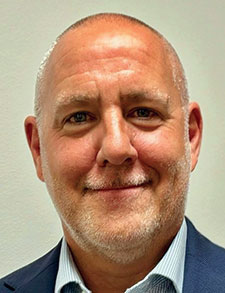Correctly identifying the origin or cause of VPI is critical to successful treatment. Surgeons share their thoughts on treating velopharyngeal insufficiency with injectables.


Correctly identifying the origin or cause of VPI is critical to successful treatment. Surgeons share their thoughts on treating velopharyngeal insufficiency with injectables.

CMA members’ concerns about a recent reimbursement policy change Blue Shield had announced regarding evaluation and management (E/M) services billed with the Current Procedural Terminology (CPT) modifier 25. The new policy would reduce by 50% reimbursement for any non-preventive E/M service appended with modifier 25 and billed with a minor procedure code.

VBC (value-based care) is coming to otolaryngology offices within the next five years through the Centers for Medicare and Medicaid Services (CMS) initiatives, and otolaryngology needs strategies for responding to how value, outcomes, and cost will be captured and measured

Fundamental to medical decision making is the challenging task of weighing the benefits against the risks of any given treatment decision. Clinical guidelines and protocols help with this decision making, which is further informed by physician judgment, particularly when the evidence is weak or lacking.

Prepare early. Gather data. Develop a plan. Know your market. Consider termination. Hire a lawyer. These are some tips experts suggest physicians and physician groups keep in mind when negotiating contractual arrangements with insurance companies.

Designing parental leave is part of a broader issue of acknowledging that physicians have other things going on in their lives—personal and family.

Being fully informed about the logistics of family-planning efforts—whether it’s fertility preservation, in vitro fertilization, or surrogate parenting—and being your own advocate can help physicians through this challenging terrain of work-life integration.

Value-Based Compensation model can be considered advantageous because it evens the playing field between proceduralists and non-proceduralists, but defining value and implementing VBC can be challenging.

While the economics of running an otolaryngology practice seem to get more challenging each year, financiers see plenty of opportunity for profit.
